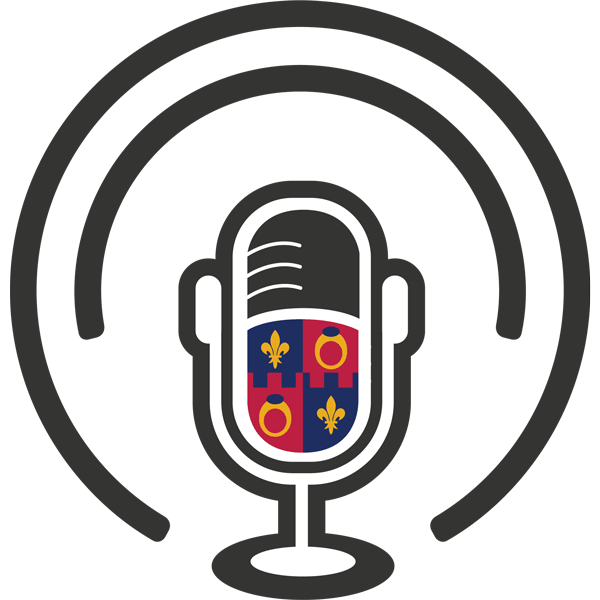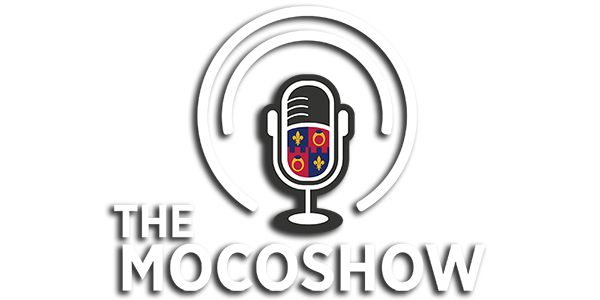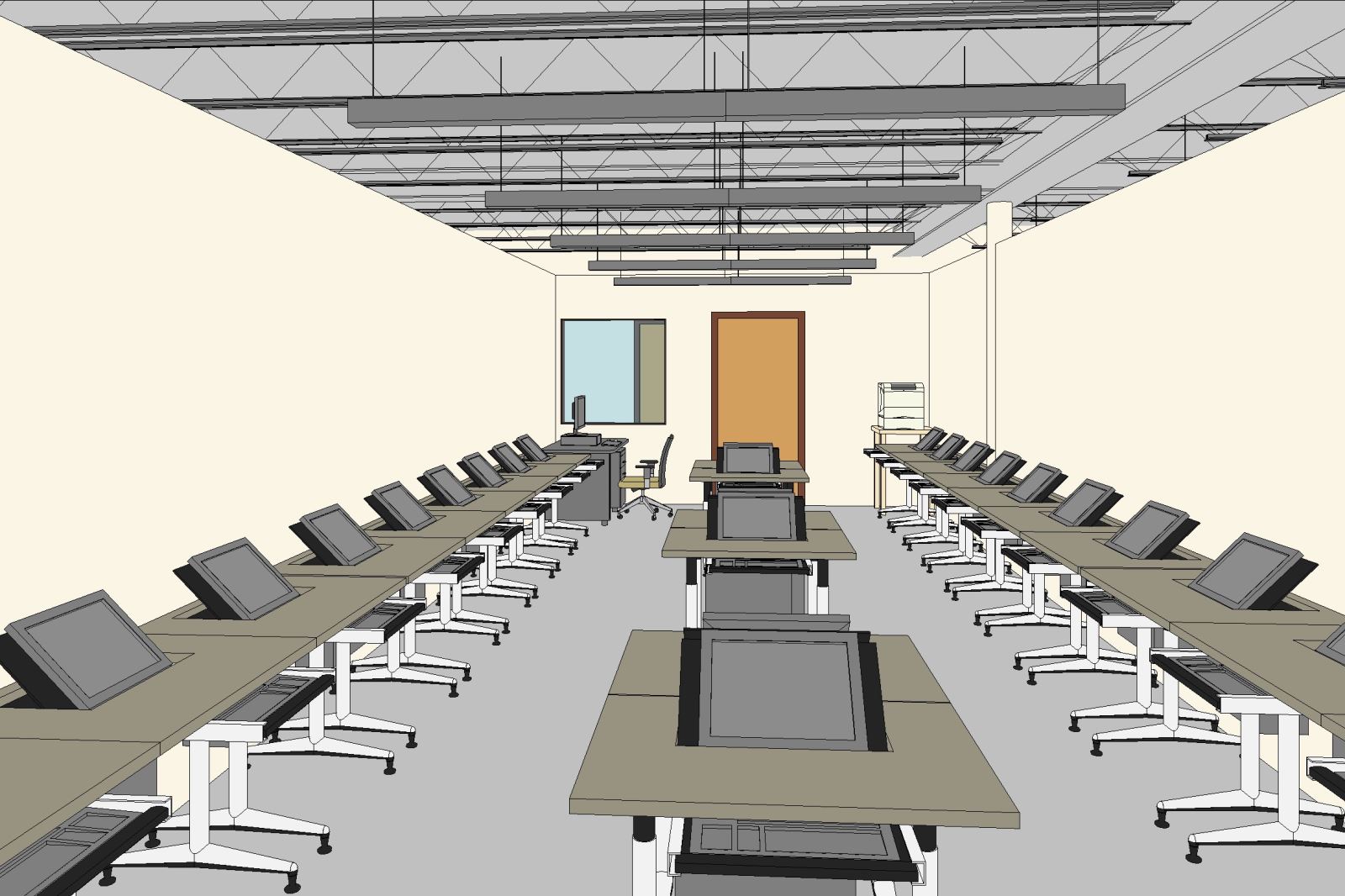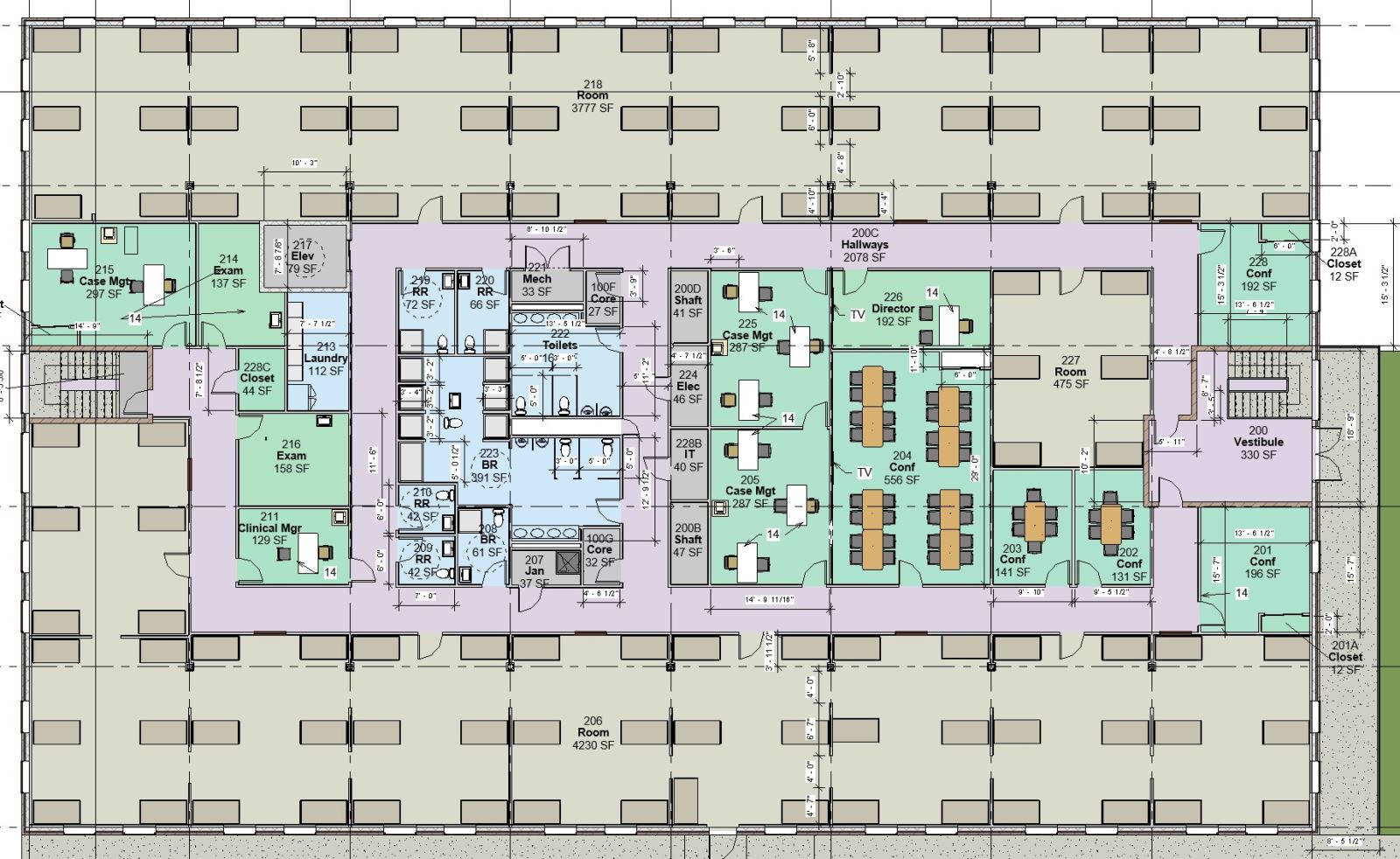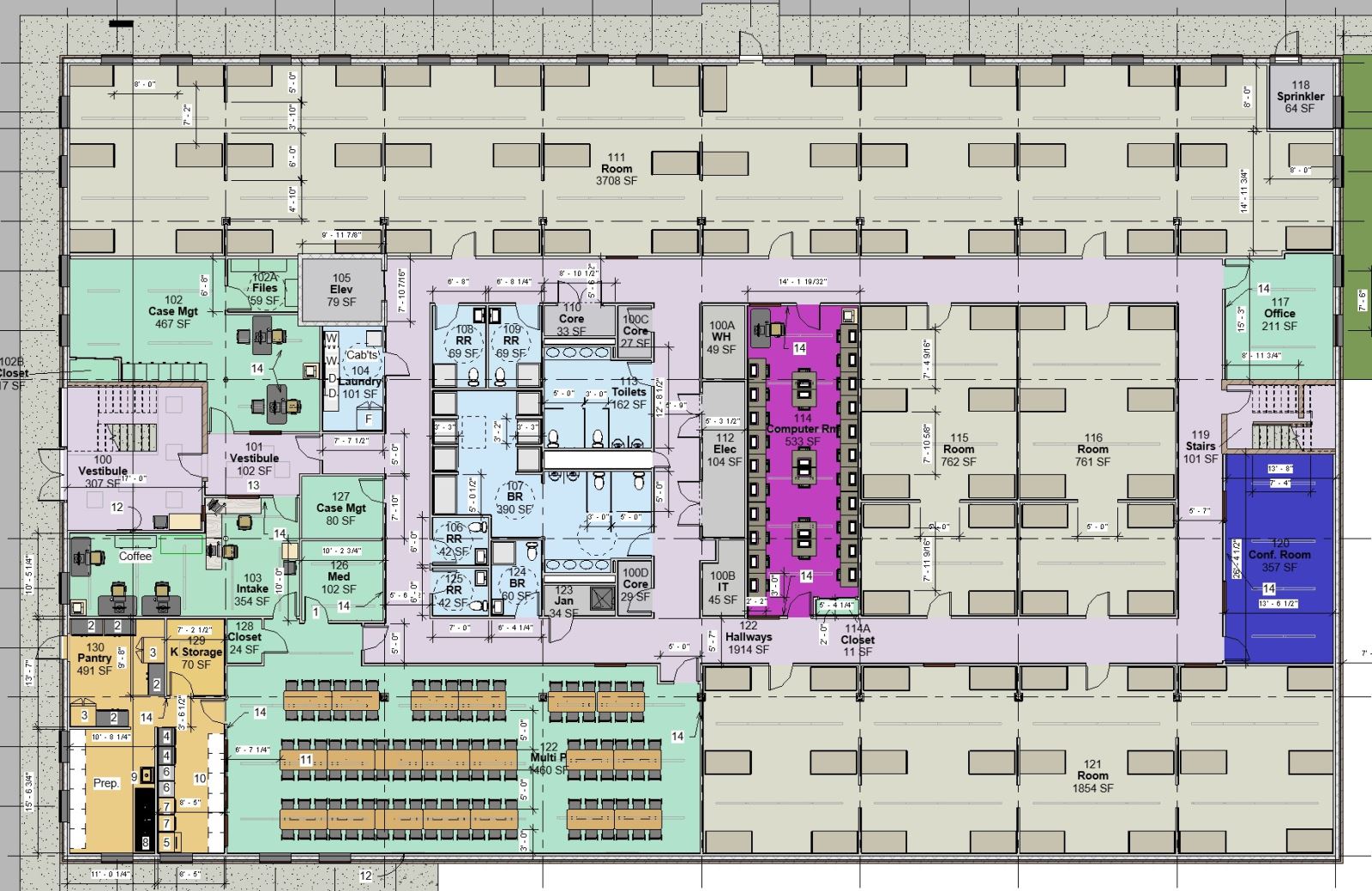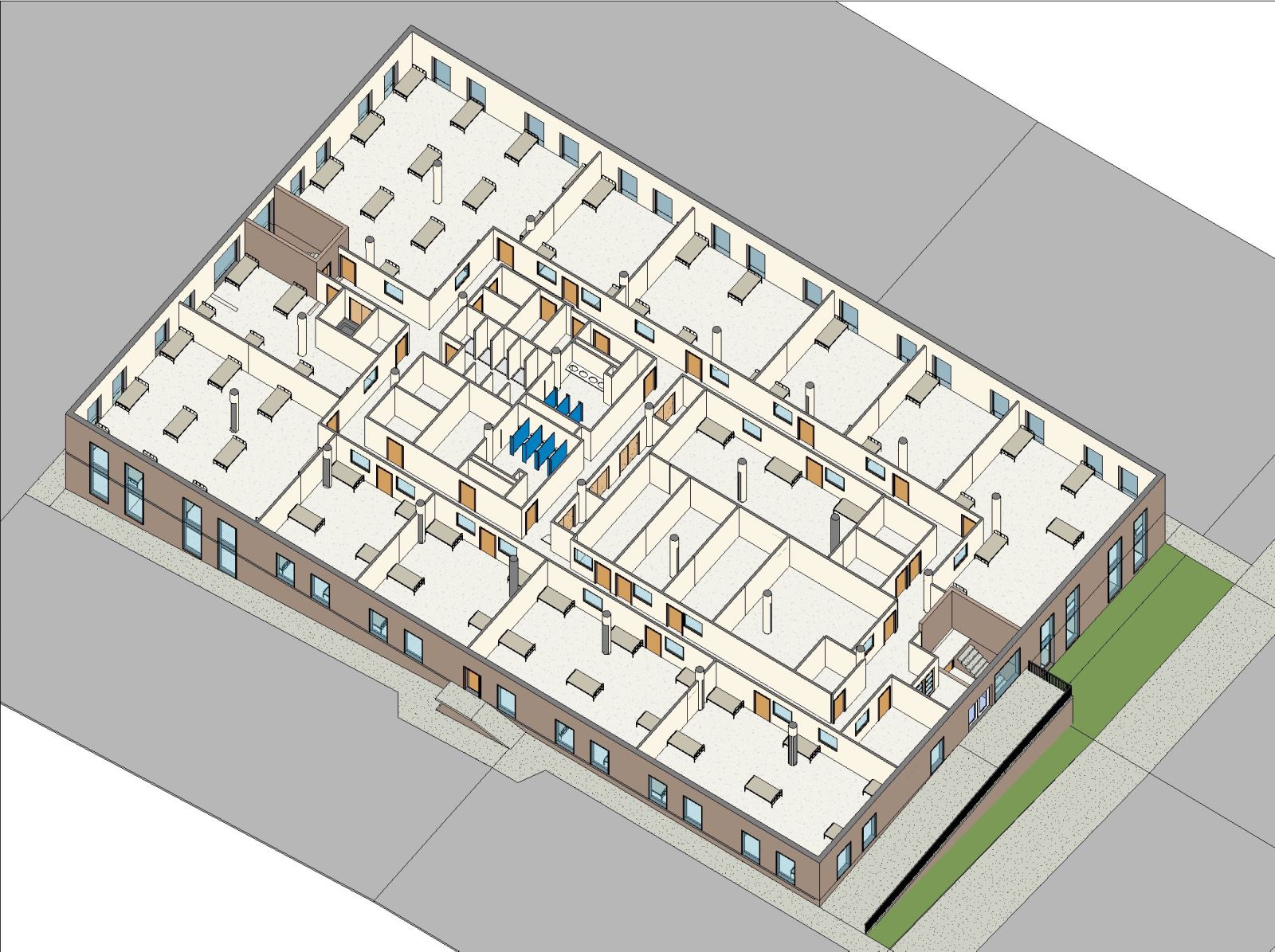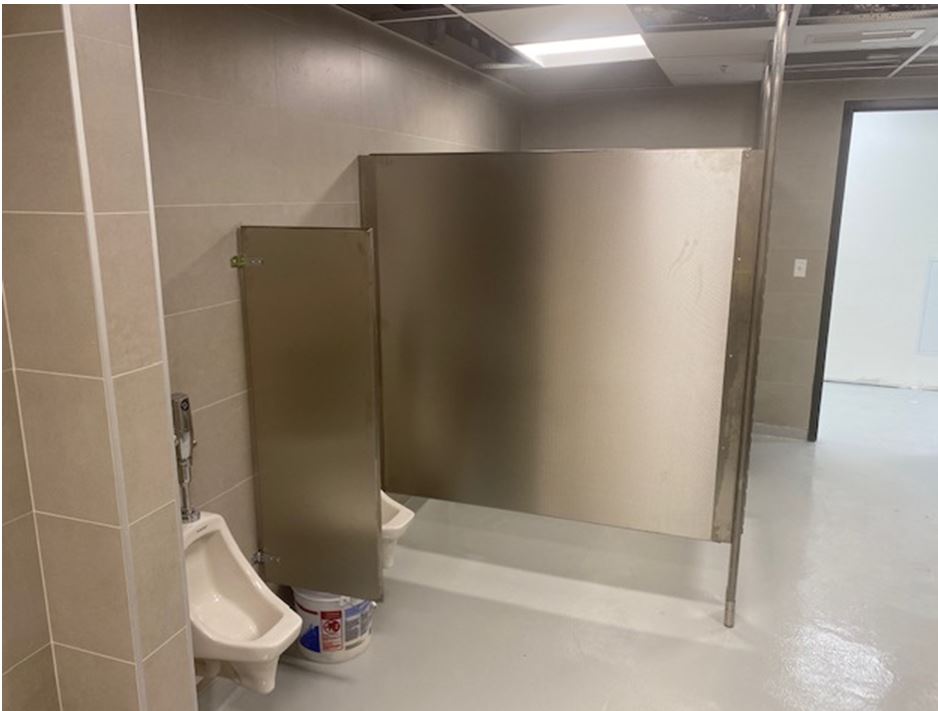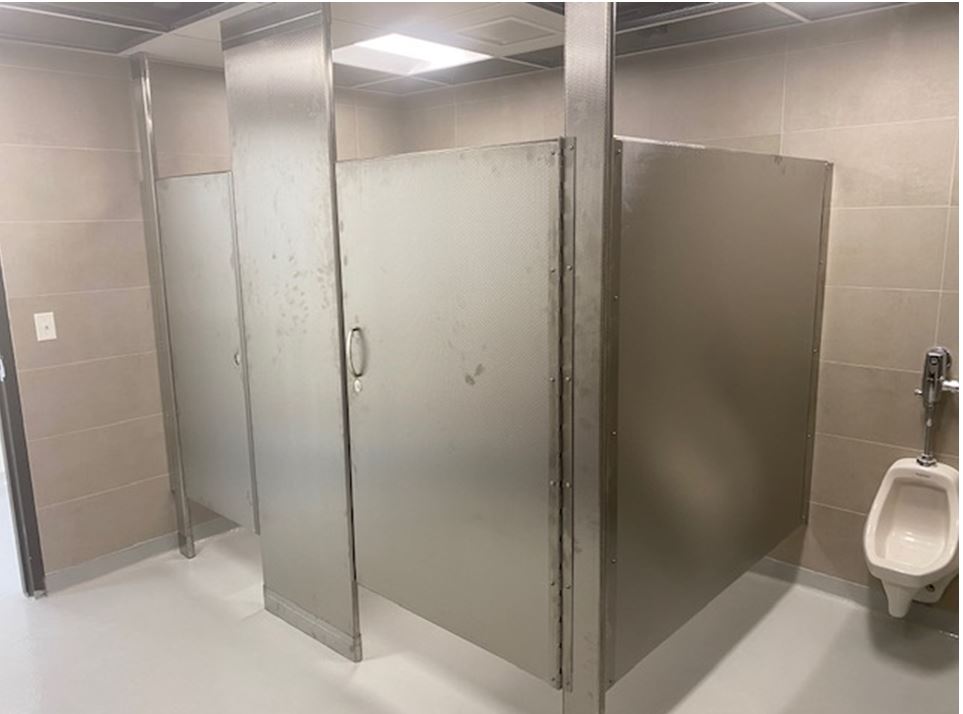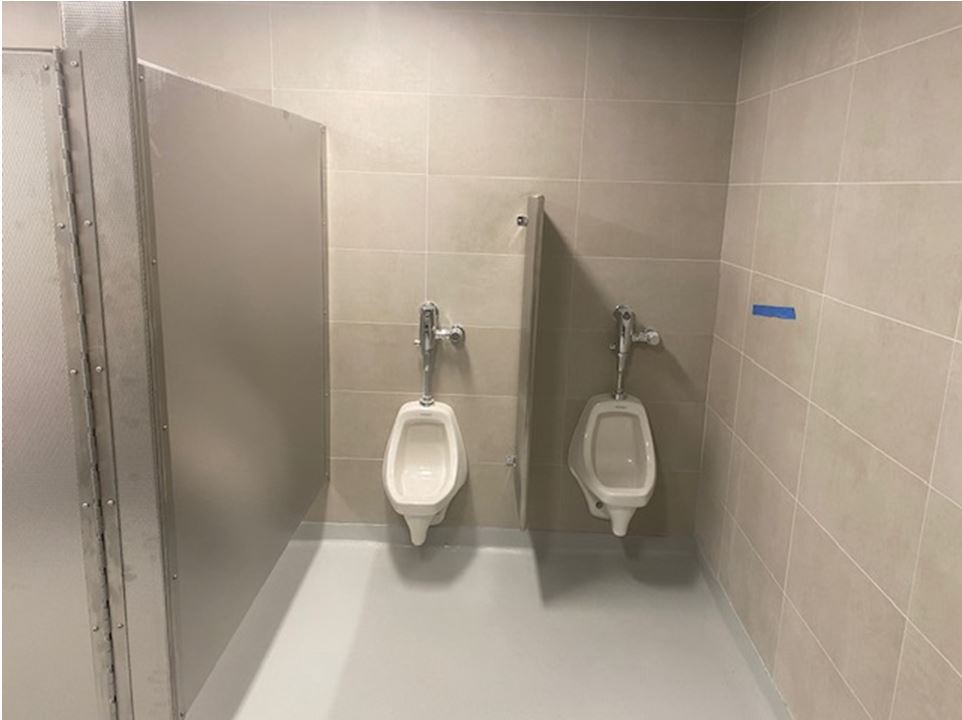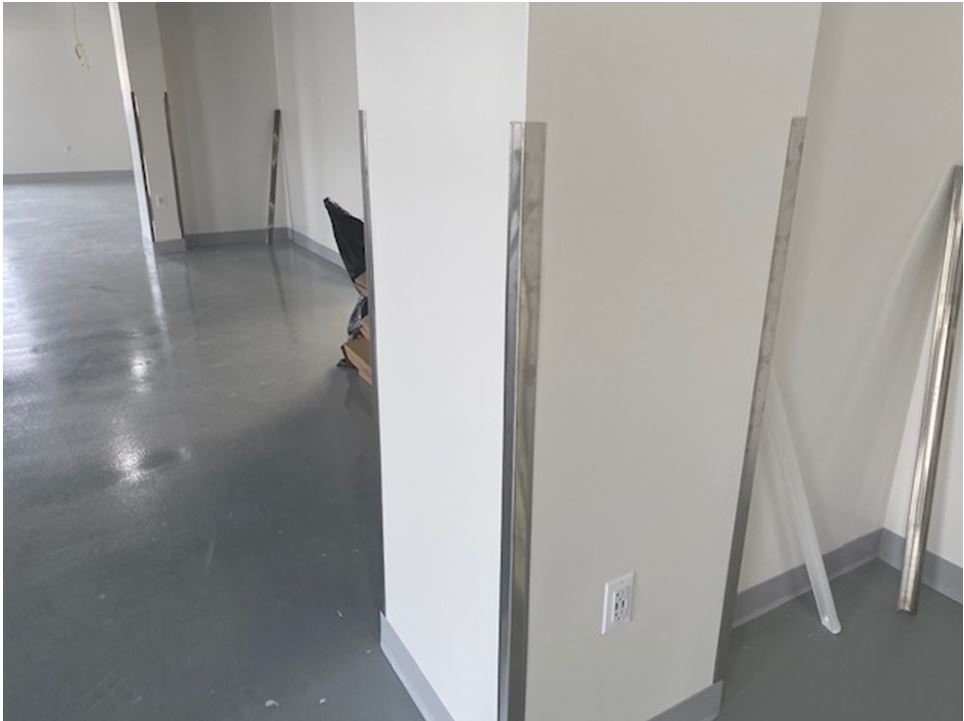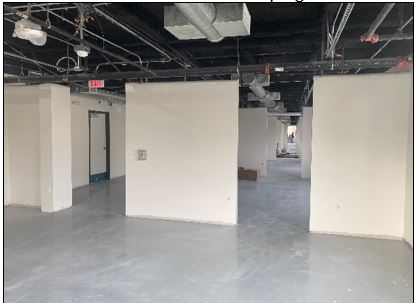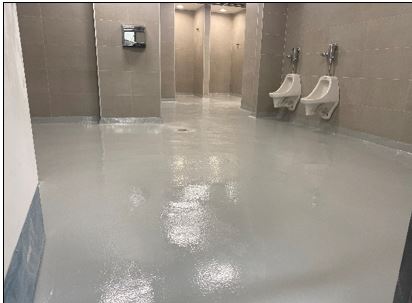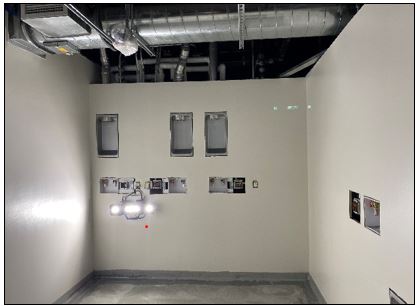The Nebel Street homeless facility will open on Monday, March 7th.
It has been described by county officials as a critical project that will provide temporary shelter for individuals experiencing homelessness and will provide associated services which are insufficient for the current population and future projections. DGS purchased the two-story building located at 11600 Nebel Street in North Bethesda to provide sleeping quarters, meals, and medical and case management services. This new facility will enable the County to implement its new emergency shelter policy for the unhoused population so that they have access to year-round shelter and a temporary place to spend their days until they are connected to permanent housing.
The County’s previous policy offered limited access to shelter from April to October. During hypothermia season, shelter bed capacity expanded but without support services or day-time operations. This new policy is a priority for Montgomery County Executive Marc Elrich and will enable shelter residents to get the services and assistance they need in one facility. Although emergency shelter does not end homelessness, the expansion of year-round beds and the new facility ensures that people are not sleeping outside and are rapidly connected to housing resources.
“This shelter represents a major shift in County policy – we are now committed to housing those without shelter every month of the year. Before COVID-19, the County was only able to provide shelter during the winter months.” County Executive Marc Elrich said. “With this shelter, we will offer the homeless the dignity of a bed every night and place to be during the day. I am proud of our efforts to respect everyone in our County.”
Architectural and Construction Images courtesy of Montgomery County
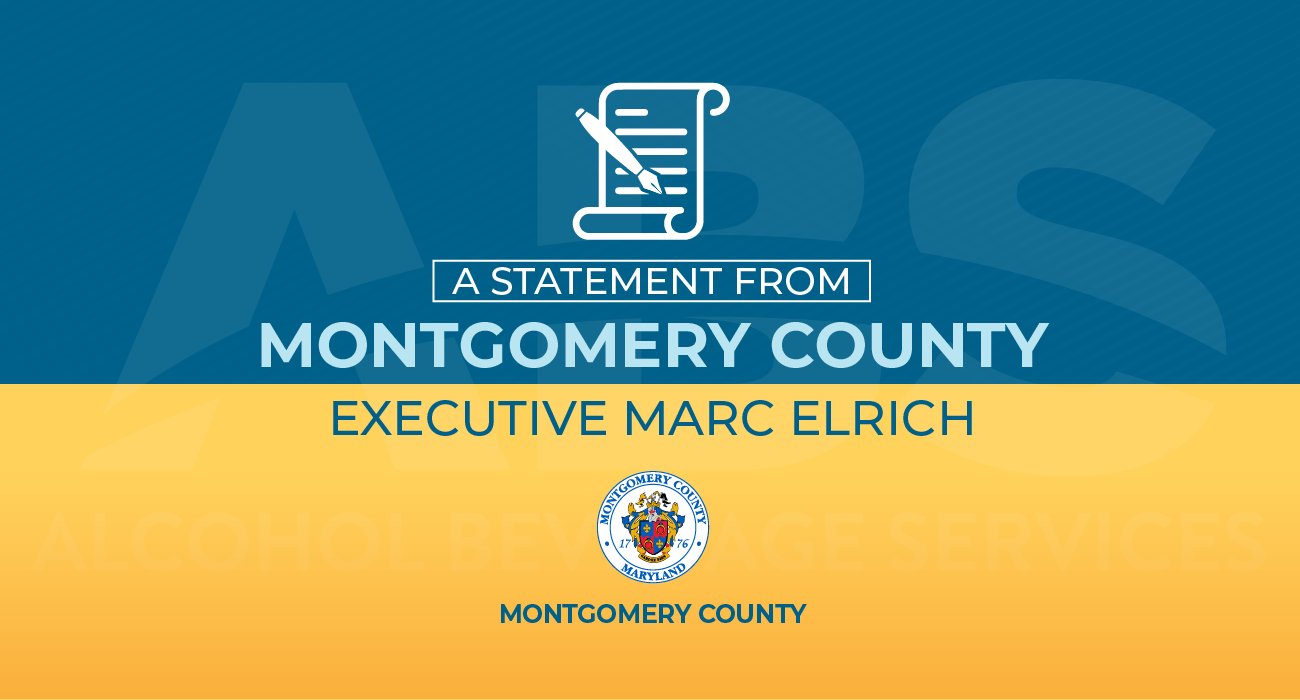
Statement from Montgomery County Executive Marc Elrich on the Cessation of the Sale of Russian-made Liquor:
In solidarity with the people of Ukraine, all products produced in Russia have been removed from the County’s Alcohol Beverage Services (ABS) stores.
There will be an opportunity to purchase popular non-Russian-made vodkas, including Smirnoff, Ciroc, Tito’s, Absolut, Svedka, Grey Goose, SKYY, Ketel One, and New Amsterdam.
ABS wholesale customers and licensees make their own decisions about the availability of Russian-made products; however, they will no longer be able to order these products from ABS until further notice.
Last April, Montgomery Parks opened the Josiah Henson Museum and Park, a 3.34-acre park located at 11420 Old Georgetown Road in the Luxmanor Community of North Bethesda. The museum and park is dedicated to telling the story of resilience and perseverance in overcoming slavery, based on the detailed words and experiences of Josiah Henson – enslaved in Montgomery County for much of his life.
The Josiah Henson Museum and Park tells the inspirational life story of Reverend Josiah Henson, who was born into slavery yet defied the odds to become an influential author, abolitionist, minister, public speaker, and a world-renowned figure. One of Henson’s many accomplishments was his 1849 autobiography, The Life of Josiah Henson, Formerly a Slave, Now an Inhabitant of Canada, which inspired Harriet Beecher Stowe’s landmark anti-slavery novel, Uncle Tom’s Cabin.
Who is Josiah Henson?
Josiah Henson was born on a farm near Port Tobacco, Charles County, Maryland, on a plantation owned by Francis Newman, in June of 1789. His father was enslaved by Francis Newman whereas Josiah Henson, his mother, and his siblings were enslaved by Dr. Josiah McPherson.
When Henson was a young boy, his father was punished for standing up to an overseer of enslaved people. He received a hundred lashes, and his right ear was nailed to the whipping post and then cut off. His father was sold away to Alabama. Josiah also experienced hardships and sufferings at the hands of his masters as well, including having his arms broken and several other injuries.
Following his family’s enslaver’s death, young Josiah was separated from his mother, brothers, and sisters. Henson’s siblings were sold first via auction. His mother was bought by Issac Riley of Montgomery County and when she pleaded to her new enslaver to purchase Josiah Henson, Riley responded by hitting and kicking her.
Josiah Henson was sold to Adam Robb of Rockville, Montgomery County. Adam Robb encountered Issac Riley and struck a deal, which resulted in Henson being sold to Riley and was reunited with his mother. Josiah Henson became very ill and his mother pleaded with enslaver, Isaac Riley, and Riley agreed to buy back Henson so she could at least have her youngest child with her, on the condition that he would work in the fields.
Henson rose in his enslaver’s esteem, and was eventually entrusted as the supervisor of his Riley’s farm, located in what is now considered North Bethesda in Montgomery County. In 1825, Riley fell onto economic hardship and was sued by a brother-in-law. Desperate, he begged Henson, with tears in his eyes, to promise to help him. Duty bound, Henson agreed. Riley then told him that he needed to take eighteen people which he enslaved to his brother in Kentucky by foot. They arrived in Davies County, Kentucky, in the middle of April 1825 at the plantation of Amos Riley.
In September 1828, Henson returned to Maryland in an attempt to buy his freedom from Issac Riley. He tried to buy his freedom by giving his master $350, which he had saved up, and a note promising a further $100. Riley, however, added an extra zero to the paper and changed the fee to $1,000. Cheated of his money, Henson returned to Kentucky and then escaped to Kent County, Upper Canada, in 1830, after learning that he might be sold again. In the last of these attempts to attain freedom, Amos Riley agreed to give Josiah his freedom in exchange for $300. Josiah raised the money only to find that his enslaver had raised the fee. Soon after, Henson learned that Riley planned to sell him in New Orleans, Louisiana, separating him from his wife and four children. When he found this out, Henson became determined to escape to Canada to gain his freedom. He took his family with him, including his wife and their children to start the new life northward
After convincing his wife to escape with him, Henson’s wife created a knapsack large enough to carry both of their smallest children; the eldest two would accompany his wife. The Henson family left Kentucky, traveling through the night, and sleeping in the woods throughout the day. They crossed into Indiana, then into Cincinnati. As the Henson family was crossing Hull’s Road in Ohio, Josiah’s wife fainted from exhaustion. As they continued on, they encountered Native Americans, and were reinvigorated with food and rest.
After crossing a lake in Ohio, Josiah encountered Captain Burnham, a ship captain, who agreed to transport the Henson family to Buffalo, New York; from there they would cross the river into Canada. Upon setting foot into Canada, Josiah Henson described the ecstatic feelings of liberation by throwing himself onto the ground and rejoicing with his family. On October 28, 1830, Josiah Henson became a liberated man.
Josiah Henson described the living conditions during his time being enslaved in Montgomery County at the turn of the 1800s:
“We lodged in log huts, and on the bare ground. Wooden floors were an unknown luxury. In a single room were huddled, like cattle, ten or a dozen persons, men, women, and chil- dren. All ideas of refinement and decency were, of course, out of the question. We had neither bedsteads, nor furniture of any description. Our beds were collections of straw and old rags, thrown down in the corners and boxed in with boards; a single blanket the only covering. The wind whistled and the rain and snow blew in through the cracks, and the damp earth soaked in the moisture till the floor was miry as a pigsty. Such were our houses. In these wretched hovels were we penned at night, and fed by day; here were the children born and the sick—neglected.”
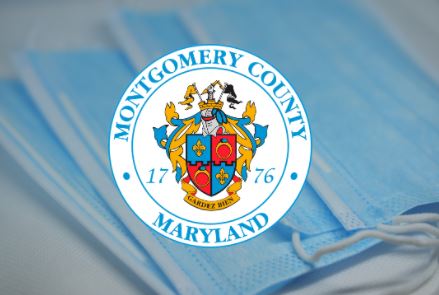
Last week the Montgomery County Council, acting as the Board of Health, announced it will not be introducing a new Board of Health regulation to extend the indoor mask requirement. This allows the current Board of Health regulation to terminate tonight (Monday, February 21st) at 11:59pm.
What does this mean?
Masks will no longer be required inside of gyms, restaurants, stores, and other areas. They will still be required in schools, and businesses are able to require them if they choose to do so.
The Maryland State Board of Education has a statewide indoor mask requirement for public schools and is meeting tomorrow (Tuesday, February 22nd) to discuss future plans for the mask requirement in schools.
The Montgomery County Board of Education is set to take up the school system’s mask policy at a meeting on February 24. Individual school systems within Maryland will be able to make their own decision on masking requirements.
Governor Larry Hogan announced Monday that the requirement for masks to be worn in Maryland state buildings will end on February 22.
893,213 people in Montgomery County are now fully vaccinated, which is 85% of the total population, according to CDC data (1,050,929 residents have received at least one dose).
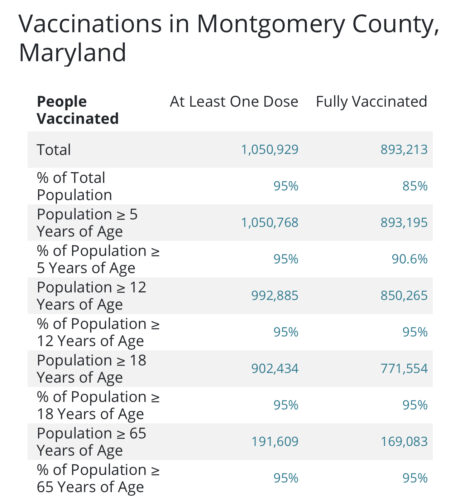
The 85% metric was initially going to be used to end the indoor mask requirement in Montgomery County, but the Montgomery County Council, acting as the Board of Health, met on the morning of January 4th and voted to terminate the existing Board of Health regulation that was scheduled to end the indoor mask requirement when Montgomery County reached an 85% vaccination rate.
As of now, the regulation is scheduled to end on January 31 at 11:59pm, meaning masks will be required until at least that date. The County Council will meet on January 24th to determine whether or not to extend the regulation again.
Yesterday, the County Council held a public hearing and discussion on the resolution that would require restaurants, bars, fitness centers and other establishments to require customers to provide proof of vaccination against COVID-19 before entering indoor areas, as proposed by County Executive Elrich.
The Council heard public testimony from residents and several business owners, as well as County health officials.
During the meeting, Council President Gabe Albornoz announced there will now be another public hearing next Tuesday, saying that the Council wants to be “methodical and thoughtful about this process because obviously this order has a lot of consequence to it.” The vote is now tentatively scheduled for next week’s meeting.
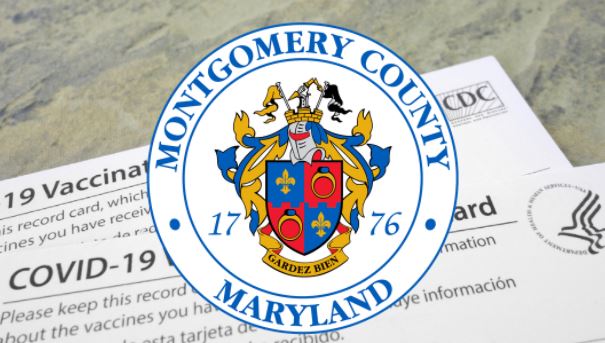
On January 11, 2022 the Montgomery County Council sitting as the Board of Public Health will introduce a resolution to adopt a Board of Health Regulation to prevent the spread of COVID-19 in the County – vaccination requirements to enter bars, restaurants, recreation centers, and other covered establishments.
- Restaurants, bars and nightclub establishments includes restaurants and taverns, coffee shops and fast-food establishment that have seating if guests choose to sit down, breweries, wineries and distillery tasting rooms, mixed-use facilities, and food courts.
- Indoor entertainment establishments, includes nightclubs, pool andbilliard halls, bowling alleys, hookah and cigar bars, concert venues, live entertainment and sporting venues, movie theatres, adult entertainment venues, botanical gardens, museums and galleries, aquariums, zoos, performing arts theaters, arcades, indoor play areas, and other recreational game centers.
- Indoor exercise and recreational establishments, includes indoor portions of standalone and hotel gyms and fitness centers, gyms and fitness centers in higher education institutions, yoga, Pilates, barre, dance studios, boxing/kickboxing gyms, fitness boot camps, indoor pools, CrossFit or other plyometric boxes, and other facilities used for conducting group fitness classes.
- Indoor event and meeting establishments, includes hotel common rooms, banquet halls, conference centers meeting facilities, convention centers, exhibition halls, auditoriums.
- Any other indoor establishment designated by the Acting Health Officer of their designee. b. Effective February 1, 2022, all provisions in 1.a. shall apply to a guest, visitor, or customer five (5) to eleven (11) years old.
- Houses of worship
- Grocery stores, farmer’s markets, and food service establishments providing charitable food services.
- Pharmacies, medical offices, urgent care centers, or hospitals
- Big box stores and retail establishments where people tend to be in motion and not standing or seated in close proximity to others for long periods of time.
- Private meeting spaces in residences or office buildings
- Facilities relating to governmental regulation, licensing, administrative hearings, judicial proceedings, law enforcement, the provision of legal services, and the Department of Motor Vehicles;
- Facilities relating to essential human services such as warming and cooling centers, day service facilities for homeless persons, shelters serving homeless persons or victims of domestic violence;
- Polling places during elections;
- Pre-kindergarten through grade twelve (12) public and non-public schools;
- Child-care programs;
- Senior centers and community centers;
- Such other facilities as exempted by the County’s Health Officer or their designee; or as otherwise indicated by this Order.
- If an exempt facility conducts a non-exempt activity, the vaccine requirement shall apply. (For example, if a house of worship is rented for a non-religious purpose, the vaccine requirement applies. If a retailbookstore hosts a seated event, proof of vaccination shall be required to enter the area where people will be closely congregated for a prolonged time.)
- Individuals entering a covered establishment for a quick and limited purpose (for example, placing an order for takeout, picking up an order, or making a delivery); or
- A person entitled by law to a reasonable accommodation due to a medical condition or a sincerely held religious belief.
Covered facilities shall prominently post signage at their entrances notifying the public of the vaccination entry requirement.
- Patrons must provide proof of receipt of at least one dose of a COVID-19vaccine authorized for emergency use or licensed for use by the U.S. Food and Drug Administration or authorized for emergency use by the World Health Organization.
- Proof of vaccination may be established by: i. A CDC COVID-19 Vaccination Record Card or an official immunization record from the jurisdiction, state, or country where the vaccine was administered or a digital or physical photo of such a card or record, reflecting the person’s name, vaccine brand, and date administered; or ii. A Certificate from Maryland MyIR or a digital or physical photo of the certificate.
- Effective February 15, 2022, patrons over (12) twelve years old must provide proof of having received one dose of the Johnson & JohnsonCOVID-19 vaccine or having received two doses of a COVID-19 vaccine authorized for emergency use or licensed for use by the U.S. Food and Drug Administration or authorized for emergency use by the World Health Organization.
- Effective March 1, 2022, patrons five (5) to (11) years old must provide proof of having received two doses of a COVID-19 vaccine authorized for emergency use or licensed for use by the U.S. Food and Drug Administration or authorized for emergency use by the World Health Organization.(i)Patrons turning five (5) years old on or after March 1, 2022, must provide proof of vaccination within 1 month of their fifth birthday.
6.Enforcement.
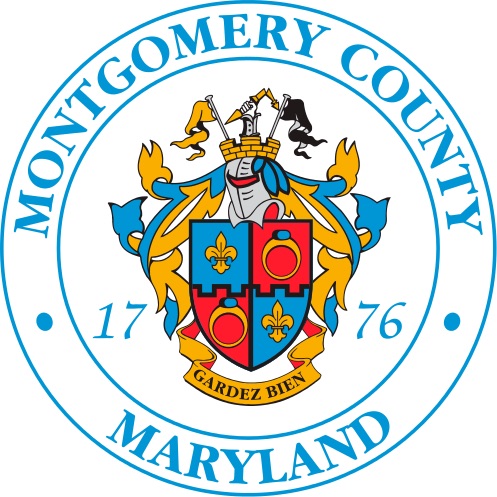
For Immediate Release: Tuesday, December 21, 2021
Rockville, Md., Dec. 21, 2021—The Montgomery County Council issued the following statement condemning recent antisemitic activities and acts of hatred against the Jewish community in Montgomery County:
“The increase in antisemitic activities spreading COVID-19 disinformation that were seen in our region this weekend, mirroring similar activities seen across the nation, has left many members in our community feeling unsafe for themselves and their loved ones.
“The Council stands in solidarity with our Jewish community and condemns all acts of hate and ethnic or religious bigotry aimed at Jewish residents. Furthermore, the Council condemns the spread of COVID-19 disinformation in all its forms, and the use of erroneous connections to ethnic, religious and other groups to fuel abhorrently racist agendas.
“As we continue our fight against the COVID-19 pandemic, particularly given the increase in cases caused by the Omicron variant, this is a time to unite and come together in the face of adversity. Any form of antisemitism, religious or ethnic persecution and intolerance contradicts the values of Montgomery County and will not be tolerated.
“We pledge to continue working with community leaders, residents and members of our public safety community to ensure that Montgomery County remains an inclusive and welcoming place to worship, work and raise a family. It is in this same spirit that we must unite and work together to protect ourselves, our loved ones and our neighbors.”
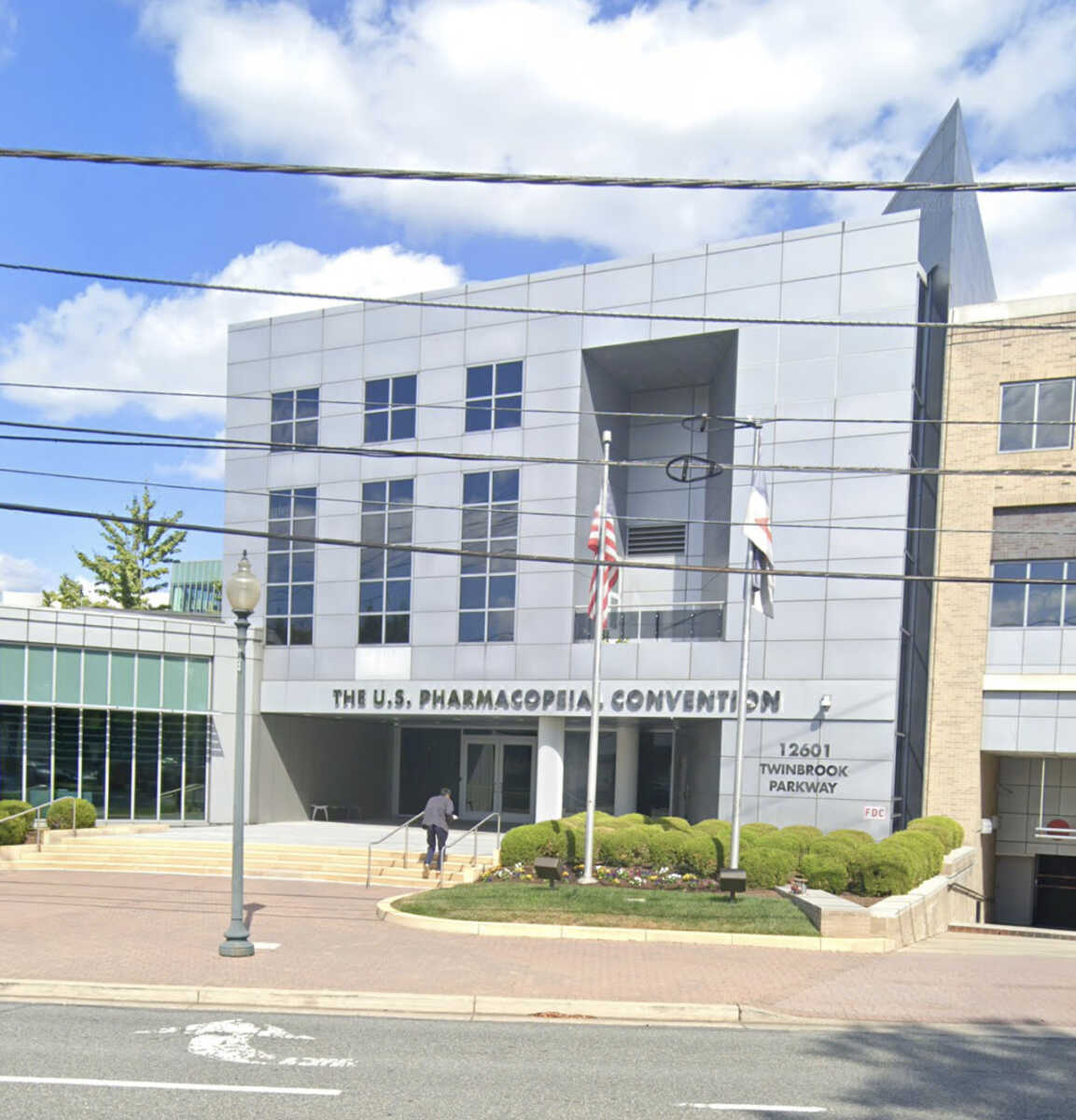
US Pharmacopeia provides premier office and conference space in Rockville for the Center to prevent the next pandemic, benefitting the region and the nation
Press Release by MCEDC:
Rockville, Md. — Montgomery County is home to the new Global Pandemic Prevention and Biodefense Center launched by Connected DMV. The Center will be co-located in Rockville at the US Pharmacopeia offices at 12601 Twinbrook Pkwy, Rockville, MD 20852.
Connected DMV, a leading Greater Washington organization that seeks to help solve complex regional challenges, spearheaded efforts to establish the Global Pandemic Prevention and Biodefense Center in response to the COVID-19 pandemic. The Center’s goal is to help prevent future outbreaks from becoming pandemics by developing a stockpile of human monoclonal antibodies in advance for emerging infectious diseases and by integrating antibody distribution and delivery across the global health and pandemic prevention ecosystem. Montgomery County is uniquely positioned to be the host location for the Center, which aims to harness the rich talent and critical health research, biotech, defense, and government assets required to deliver a full-scale response.
Connected DMV represents a regional effort toward a shared vision for new, transformational approaches and initiatives that span jurisdictional boundaries. Connected DMV regional initiatives include pandemic prevention and preparedness, infrastructure resilience, quantum innovation, clean energy, economic mobility, economic renewal, and social equity. Montgomery County representatives, including the County Executive and the Montgomery County Economic Development Corporation (MCEDC), serve on the steering committee of several Connected DMV initiatives.
“Montgomery County is uniquely positioned to be the host location for the Center, which aims to harness the rich talent and critical health research, biotech, defense, and government assets required to deliver a full-scale response,” said County Executive Marc Elrich. “This Center is not only critical to the health, safety, and security of our nation and world, but also this is an important economic development and job creating concept that we want to see come to fruition.”
Rockville’s US Pharmacopeia, an independent, scientific nonprofit organization focused on building trust in the global medicine supply chain, welcomes the Center to co-locate at its Twinbrook Parkway campus. “We are honored and privileged to host the groundbreaking work Connected DMV is doing,” said Ronald T. Piervincenzi, Ph.D., Chief Executive Officer, US Pharmacopeia. “Montgomery County is one of the leading life sciences hubs in the world, so it makes perfect sense for the Global Pandemic Prevention and Biodefense Center to be here.”
“We appreciate the leadership and sponsorship from Montgomery County, MCEDC, and US Pharmacopeia in support of the strategy and now the physical location for the Global Pandemic Prevention and Biodefense Center,” said Stu Solomon, President & CEO of Connected DMV. “Working together, the Center will deliver an ambitious, medical countermeasures program (AHEAD100) that aims to develop and stockpile monoclonal antibodies (mAbs) for the world’s top 100 pathogens across the 25 pathogen families most likely to cause future pandemics while also driving equitable economic growth in the DMV.”
“Locating the Global Pandemic Prevention and Biodefense Center in Montgomery County represents a significant milestone in our collective efforts both regionally and across sectors – government, industry, academia, community, and philanthropy – to prevent the next pandemic and drive equitable economic growth,” said Benjamin H. Wu, President and CEO of MCEDC. “The initiatives such as the Pandemic Prevention Center that Connected DMV is advancing for our region are among the most visionary, transformational, and innovative efforts that our region has pursued together.”
Featured photo courtesy of Google Maps
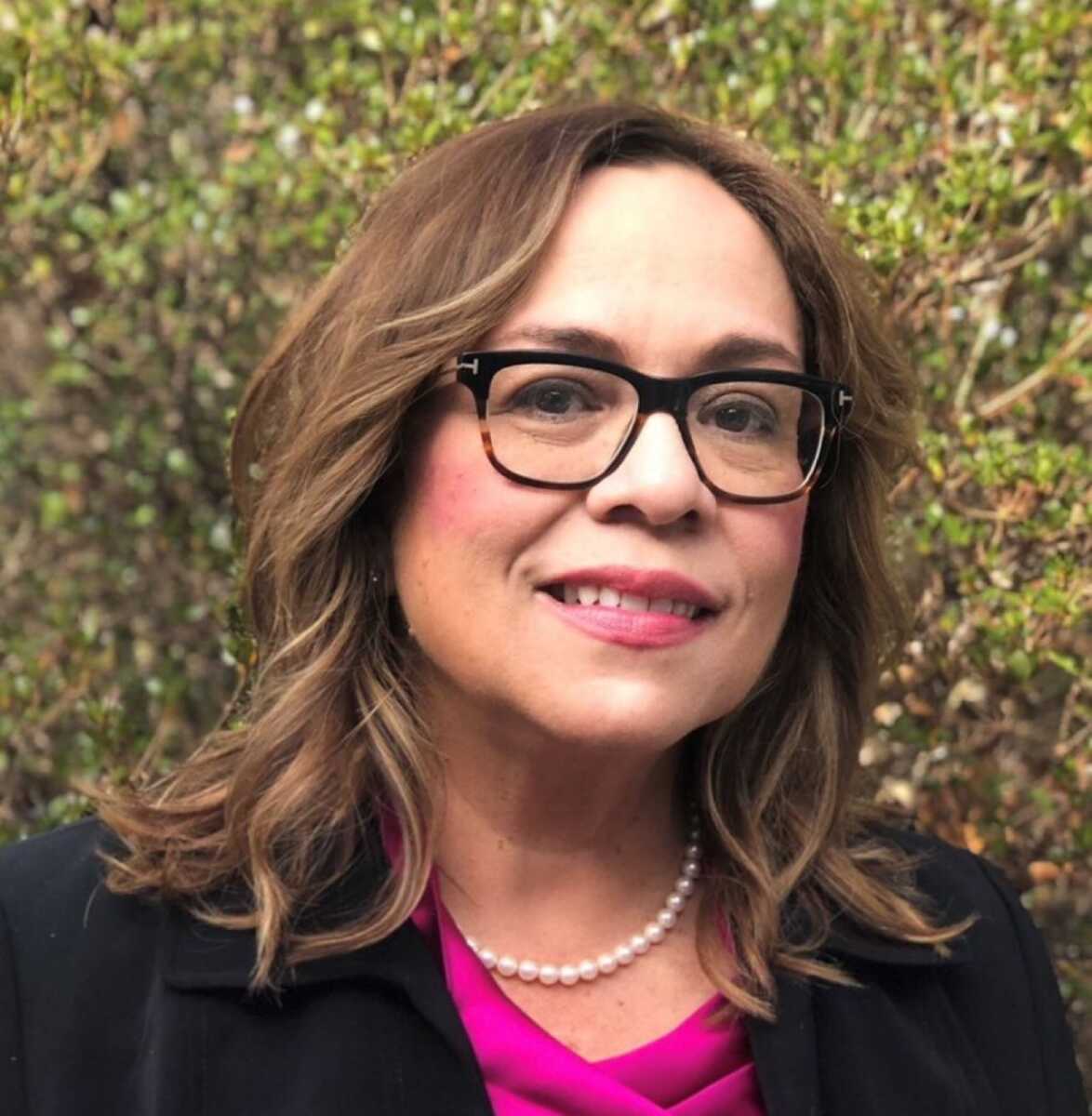
Press Release from Montgomery County:
ROCKVILLE, Md., Dec. 8, 2020—Today Councilmember Nancy Navarro was elected unanimously as the new president of the Corporate Board for the Metropolitan Washington Council of Governments (MWCOG), an organization that connects leaders in local jurisdictions across the Washington metropolitan area.
MWCOG aims to shape and strengthen communities by helping find common solutions to meet the region’s biggest challenges. The organization was formed in 1957 and has assisted local officials in confronting many of the region’s biggest challenges, including the initial completion of the regional Metro, enhancing emergency preparedness following 9/11, promoting equity and helping the area to weather the pandemic. Councilmember Navarro was first elected in 2014 to serve as part of MWCOG.
Much of Councilmember Navarro’s work on the board has been focused on equity. Thanks to her continuous efforts and work with MWCOG, coupled with the initiatives taken up in the County with her Council colleagues, the board reaffirmed racial equity as a fundamental value in its policies and practices in government and other industries.
“I want to thank my fellow MWCOG members for their confidence and support in electing me as president of the Corporate Board of the Metropolitan Washington Council of Governments,” said Councilmember Navarro, who also chairs the Council’s Government Operations and Fiscal Policy Committee. “I accept this assignment with great humility and excitement. It brings together all my work with my colleagues around the region on economic development, racial equity and social justice, education and municipal government. I am proud of the work we have done; as a result, MWCOG has helped the region weather many storms in the past, and in the last few years has made significant strides in fighting the twin pandemics of racial equity and Covid-19. I look forward to leading MWCOG in the year ahead and plan on leading our awesome team to bring us out of this difficult time firing on all cylinders.”
Councilmember Navarro has been a champion of regional cooperation and leveraging collaboration to spur innovation in housing and regional growth. In November, the Montgomery County Council unanimously approved two resolutions spearheaded by Councilmember Navarro to support MWCOG resolutions on new regional planning concepts that would allow for more informed decision-making and action in the region. One resolution endorses Equity Emphasis Areas (EEA) as a key planning concept and tool, while the other endorses the same for High-Capacity Transit (HCT) areas. In 2019 and again in 2020, she was elected as co-vice president of MWCOG in recognition of her leadership in passing a resolution calling for Montgomery County Government to work towards meeting updated housing targets set forth by MWCOG. In October 2021, the National Academy of Public Administration also selected Councilmember Navarro as a member of the 2021 Class of Academy Fellows. The selection for this prestigious fellowship is based on contributions to the field of public administration and policy.
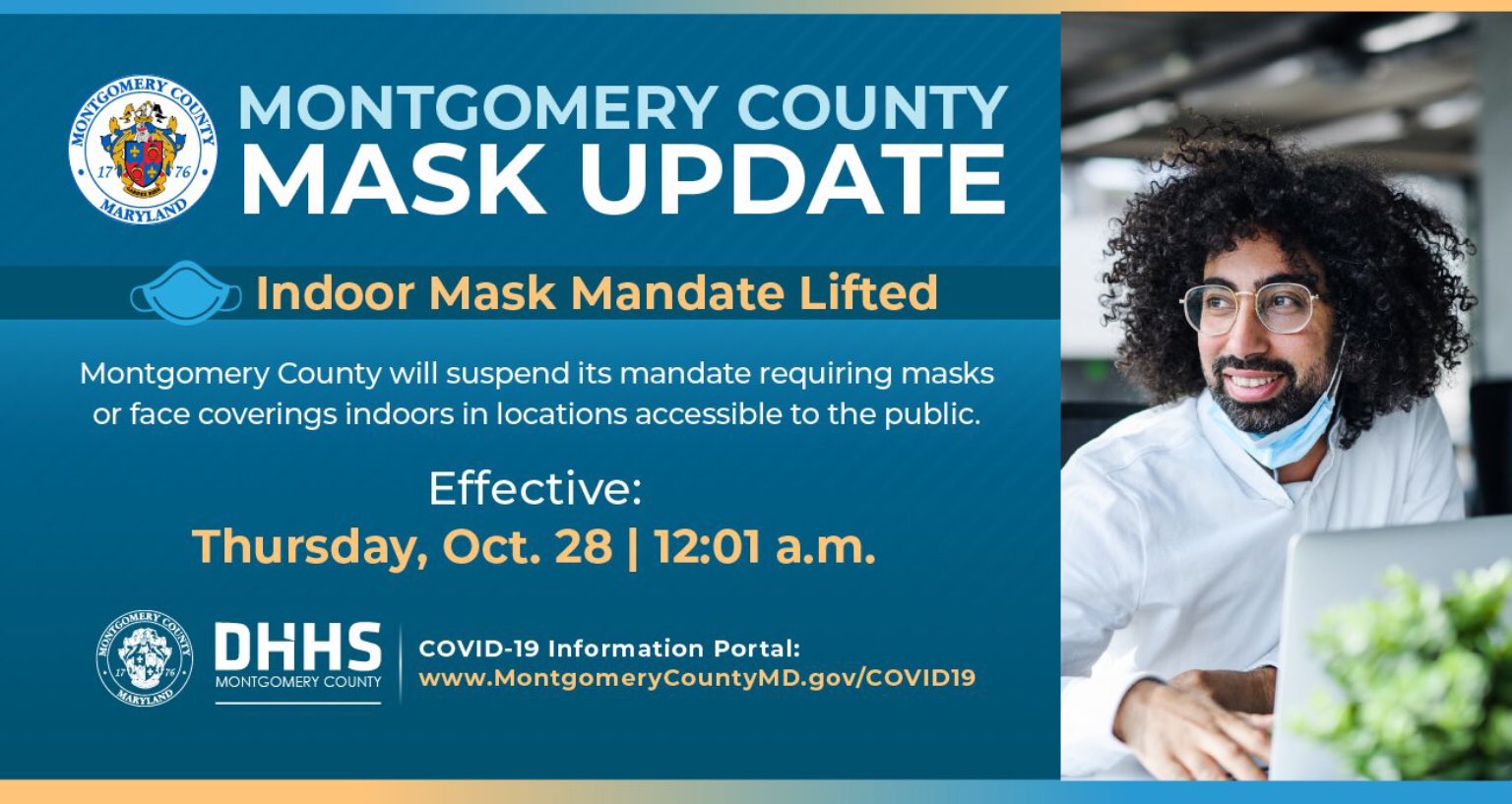
Effective Thursday, October 28 at 12:01 a.m., Montgomery County suspended its mandate requiring face coverings indoors in locations accessible to the public.
Despite this change, businesses and other organizations can continue to require customers or visitors to wear a mask in their establishments.
Face coverings must still be worn
- In any business or organization that requires customers or visitors to wear mask.
- In Montgomery College facilities – Montgomery College requirement.
- all visitors over the age of two, and all staff members, in City of Gaithersburg facilities – City of Gaithersburg requirement.
- all visitors over the age of two, and all staff members, in City of Rockville facilities – City of Rockville requirement.
- all students, staff, and visitors in Montgomery County Public School buildings – Montgomery County Public Schools requirement.
- When using public transportation – federal government requirement.
Face coverings are recommended for
- anyone in publicly accessible areas in County Government offices and facilities.
- unvaccinated people interacting with others in public spaces.
- people with underlying conditions that may place them at increased risk for severe illness
- children and staff in schools, childcare programs and camps, including school settings and childcare settings. The updated American Academy of Pediatrics (AAP) guidelines recommend wearing face coverings:
- indoors when the unvaccinated person will be with those from outside their household (physical distancing also should be maintained);
- outdoors when the unvaccinated person is in large group settings (physical distancing also should be maintained); and
- during indoor and outdoor sports that require close contact, with some exceptions.
- people in congregate settings, like correctional and detention facilities, and homeless shelters.
- people in healthcare-related settings.
Face coverings should fit properly
A face covering is fitted properly when it covers your nose, mouth, and chin.
It includes cloth face coverings, scarves, and bandanas. It does not include face coverings with a valve; or solely wearing a face shield.
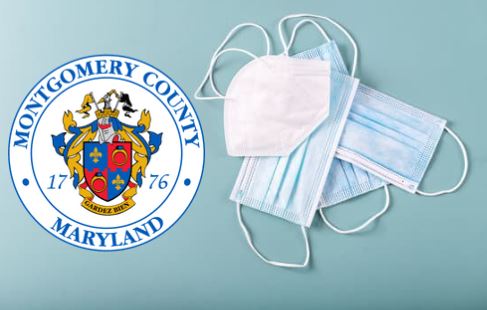
Effective Thursday, Oct. 28 at 12:01 a.m., Montgomery County will suspend its mandate requiring masks or face coverings indoors in locations accessible to the public.
Dr. James Bridgers, acting County health officer announced today that the County achieved seven consecutive days of moderate transmission of COVID-19.
The guidelines for suspending the mandate are outlined in the Board of Health regulation 19-975 that was adopted on Aug. 5. If the County’s rate of transmission increases to substantial transmission, the indoor mask mandate will be reinstated.
Despite the mandate being lifted, businesses and other organizations can continue to require customers or visitors to wear a mask in their establishments.
The County is strongly recommending that all staff and visitors in County Government offices and facilities continue to wear a mask/face covering in publicly accessible areas. The lifting of the indoor mandate from the Board of Health does not impact mask requirements in Montgomery County Public Schools. The Maryland State Department of Education sets policy for public schools.
“The lifting of our indoor mask mandate is a significant achievement for Montgomery County and its residents,” said County Executive Marc Elrich.
“We got here because the people and businesses of this County accepted and adhered to the guidance we provided. Even though the mandate has been lifted, I will continue to wear a mask indoors and while in crowded outdoor settings because wearing a mask, as well as being fully vaccinated, are the best ways to reduce the risk of transmitting COVID-19.”
The CDC also recommends that individuals who are unvaccinated should continue to wear mask or face covering when indoors or in crowded areas to minimize the potential spread of the virus.
